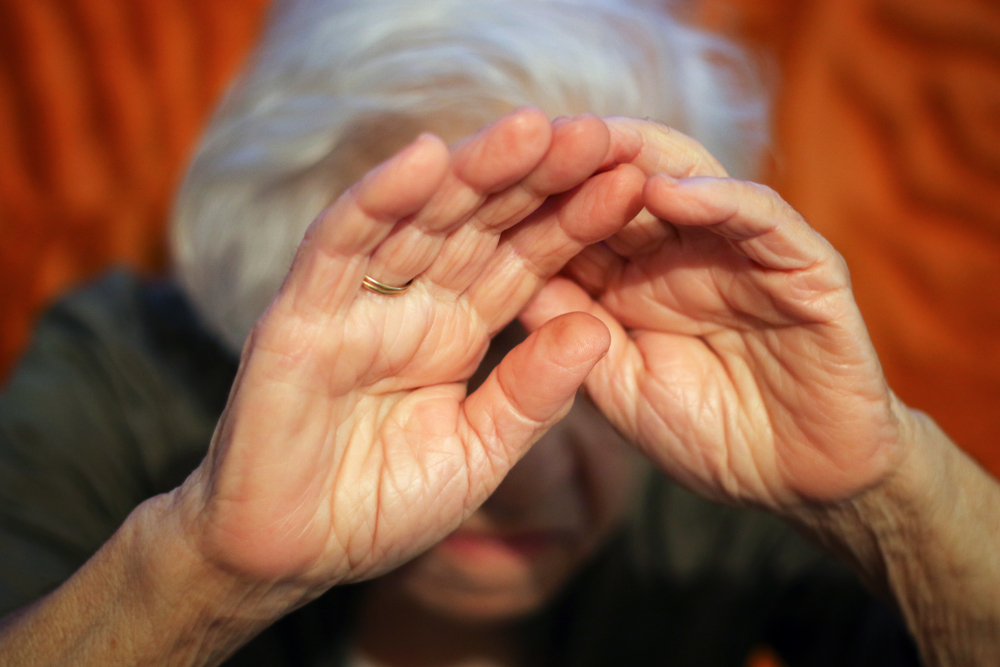
Elder Abuse is one of the most underreported crimes. Its victims are often isolated or are dependent on their abusers for their care. It is estimated that 1 in 10 American seniors have been abused and the vast majority of their abusers (approximately 90 percent) were family members. In 2009, $5.3 billion was spent on the direct medical costs associated with violent injuries to seniors, while victims of senior financial exploitation were estimated to have lost $2.9 billion.
Many seniors are at high risk to be physically, emotionally and sexually abused. In addition, many seniors fall victim to financial exploitation. Seniors who rely on others to help provide care can be victims of neglect. Learning to understand the signs of abuse is a critical first step to helping to end this crime.
Signs of physical abuse may be the most obvious. Does the senior have bruises, black eyes, broken bones or open wounds? Has the senior reported being abused, has his behavior suddenly changed or is his caregiver refusing to allow visitors to see the senior alone? These are all signs that abuse may be occurring.
Abuse associated with neglect or self-neglect can be more complicated. Seniors who are dehydrated, malnourished, have untreated bed sores or poor personal hygiene could be a victim of neglect or self-neglect. Self-neglect is when the senior refuses to take care of himself, putting his health at risk. Neglect is when a caregiver does not provide proper care. There may be unattended health problems, or unsafe and unsanitary living conditions.
Emotional abuse of a senior typically results in behavior changes. Seniors who have been emotionally abused may become withdrawn or non-responsive. Some seniors exhibit unusual behaviors that people often attribute to dementia such as sucking, biting or rocking.
Though sexual abuse of seniors is less common, accounting for 5 percent of abuse cases in Vermont according to the most recent Adult Protective Service report, it can cause physical and emotional trauma. Typical signs include bruises in the breasts or genital area, unexplained venereal diseases, unexplained vaginal or anal bleeding and torn or bloody underclothing.
The most common type of abuse is financial exploitation. If there are unexplained withdrawals of large sums of money, the inclusion of additional names on accounts, unauthorized withdrawal of cash using a seniors’ ATM card or abrupt changes to a will, it is time to ask questions.
Many seniors are afraid to report abuse because they are dependent on the abuser to provide their everyday care needs. Often times, seniors are worried that they will not be able to remain at home if their abuser is reported.
If you have concerns or questions about elder abuse, call the CVAA Senior HelpLine at 800-642-5119. If you would like to report suspected abuse, contact Adult Protective Services at 800-564-1612.
Any time a senior reports abuse, it should be taken seriously. Together we can put an end to elder abuse.
Sarah Lemnah writes on senior issues for CVAA, the resource for seniors since 1974.




 Related Articles & Free Subscription
Related Articles & Free Subscription

Comment here